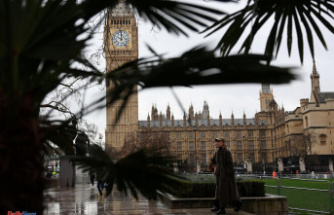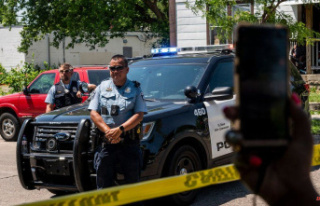Shinzo Abe, aged 67, died on Friday at Nara, west Japan, after he was shot in the stomach by a gunman as he delivered an election speech. This happened just two years after he had been removed from his post as prime minister. His attacker, a former Japanese soldier, was instantly arrested.
He was twice Prime Minister (2006-2007, 2012-2020), breaking the absolute record for longevity as head of Japan's government before being forced to resign due to health reasons.
He was 52 years old when, in 2006, he assumed the role of head of government in the country's youngest post-war period.
His second term (2012-2020), he made an impression with his bold economic recovery strategy and intense diplomatic activity. However, he left feeling incomplete. He resigned at 65 after he was criticized for his handling of the pandemic that had been deemed too clumsy. His abrupt departure from power in 2007 was due to this illness.
He wasn't retired from politics and was still actively campaigning for the Liberal Democratic Party in these elections for the Chamber of Councillors. This is the French equivalent of the Senate.
Shinzo Abe's economic policy, known as "Abenomics", was launched at the end 2012 and is widely recognized abroad. It is an anti-European austerity policy that combines monetary easing with massive fiscal stimulus and structural changes. Some of its successes include a noticeable increase in activity rates for seniors and women, as well as increased recourse to immigration in face of labor shortages.
Abenomics, however, has only had partial success due to the absence of structural reforms.
Shinzo Abe was a great friend of America, Japan's greatest ally. He had always been adaptable and established close ties to Donald Trump with whom he shared an interest in golf.
He tried to avoid offending Russian President Vladimir Putin. However, his hopes of settling the issue over the Southern Kuril Islands dispute, which was annexed to the Soviet Union at end of World War II but never returned to Japan, were unsuccessful.












